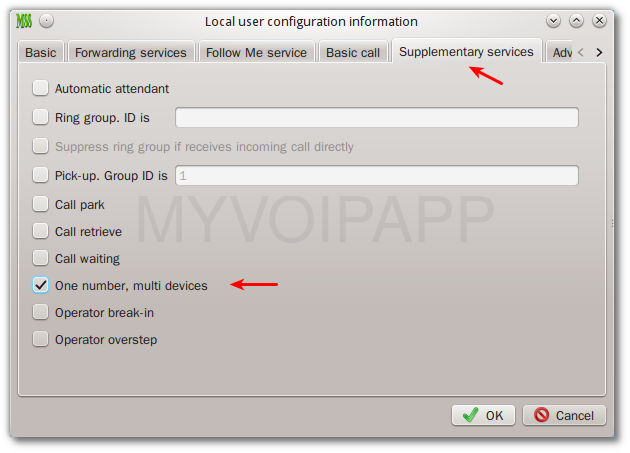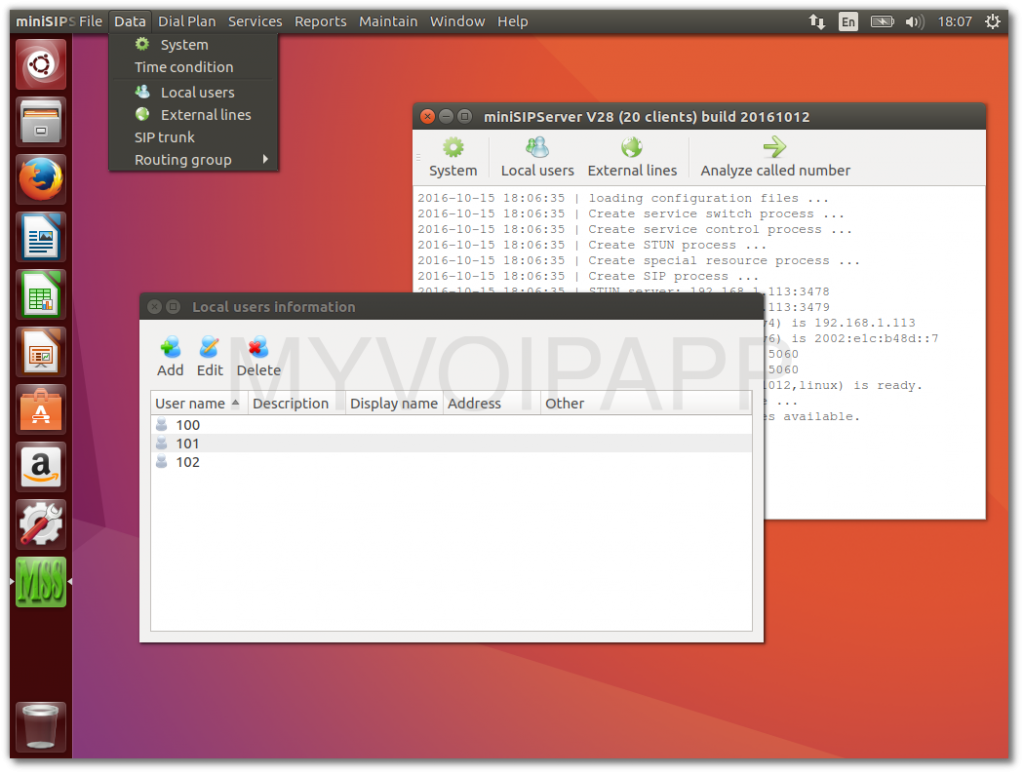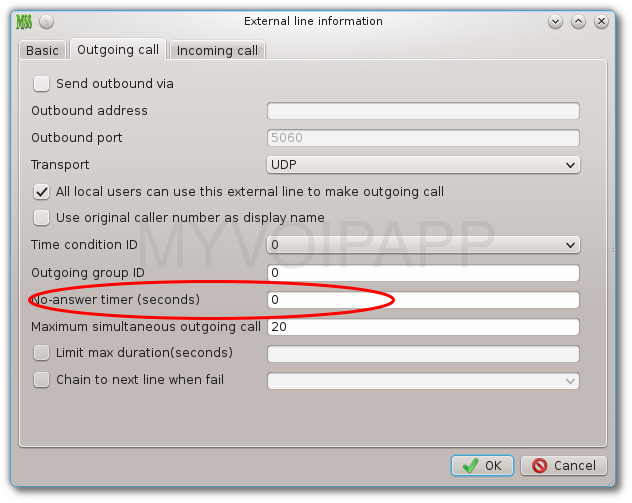RFC3262
RFC3262 defines a method to provide reliable provisional response messages in SIP dialog. Simply, it uses a new message which is PRACK to response “response” messages. We don’t think it is a good idea, and most traditional VoIP devices don’t following this RFC document.
But now in some interoperability scenarios with the PSTN, it is required to provide RFC3262 capability. Specially in some 4G-IMS networks, for example, in China telcom markets, mobile carriers’ networks will reject SIP calls if they don’t have this capablity.
So we upgrade MSS to V31 to support RFC3262. New MSS will add ‘100rel’ in outgoing calls to update peer sides or SIP phones that it has RFC3262 capability, they can decide to invoke it by themselves. For incoming calls, MSS will not invoke RFC3262 procedures automatically unless peer sides or SIP phones require that.
If you have problem to work MSS with your local ISP networks, please try the latest MSS and hope you can enjoy it.



